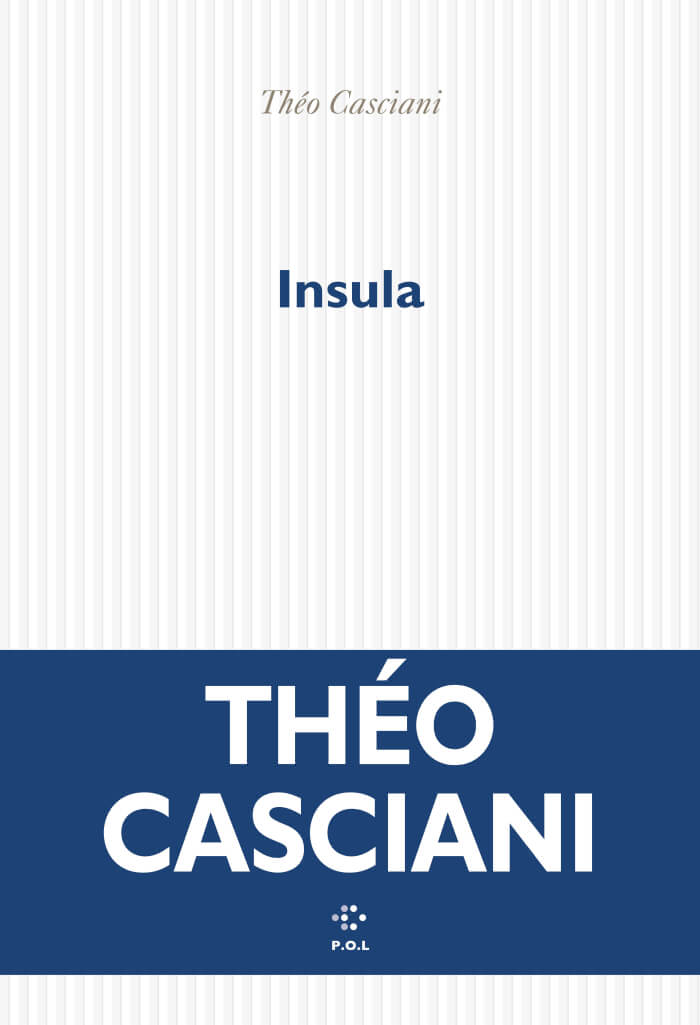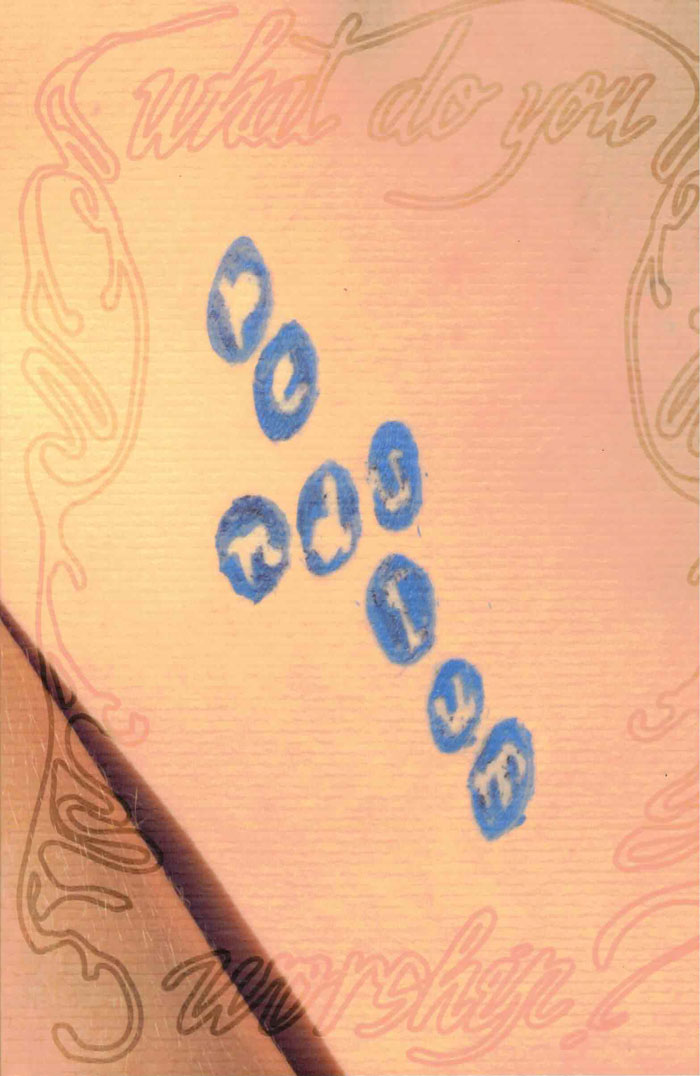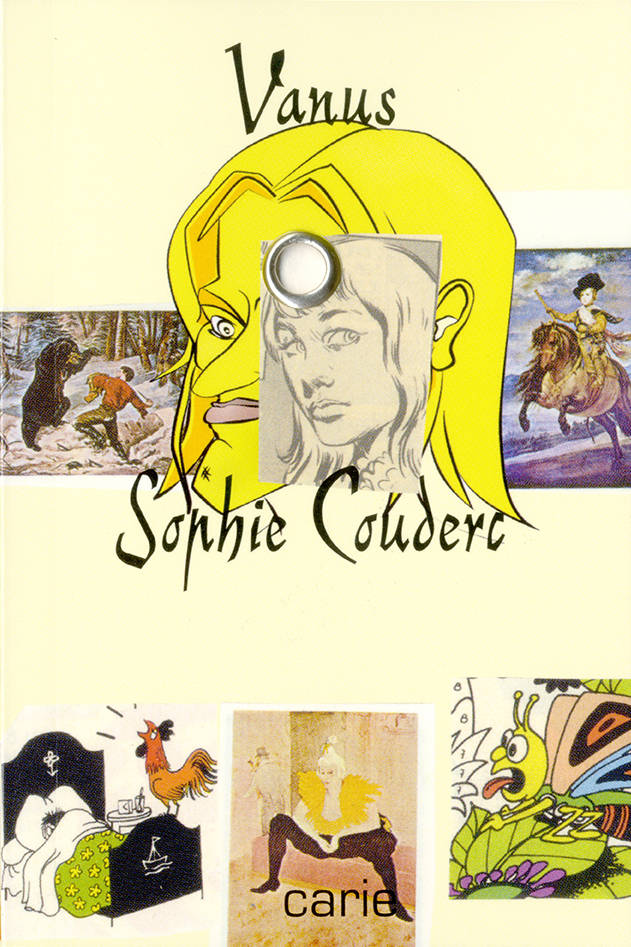
Fake Accounts
On the eve of Donald Trump's inauguration, a young woman snoops through her boyfriend's phone and makes a startling discovery: he's an anonymous internet conspiracy theorist, and a popular one at that. Already fluent in internet fakery, irony, and outrage, she's not exactly shocked by the revelation.
Actually, she's relieved-he was always a little distant-and she plots to end their floundering relationship while on a trip to the Women's March in D.C. But the uncovering of his double life is only the first in a series of bizarre twists that expose a world whose truths are shaped by online lies. Suddenly left with no reason to stay in New York-or to be anywhere in particular-our unnamed narrator flees to Berlin, embarking on her own cycles of manipulation in the deceptive spaces of her daily life, from dating apps to expat meetups, open-plan offices to bureaucratic waiting rooms





